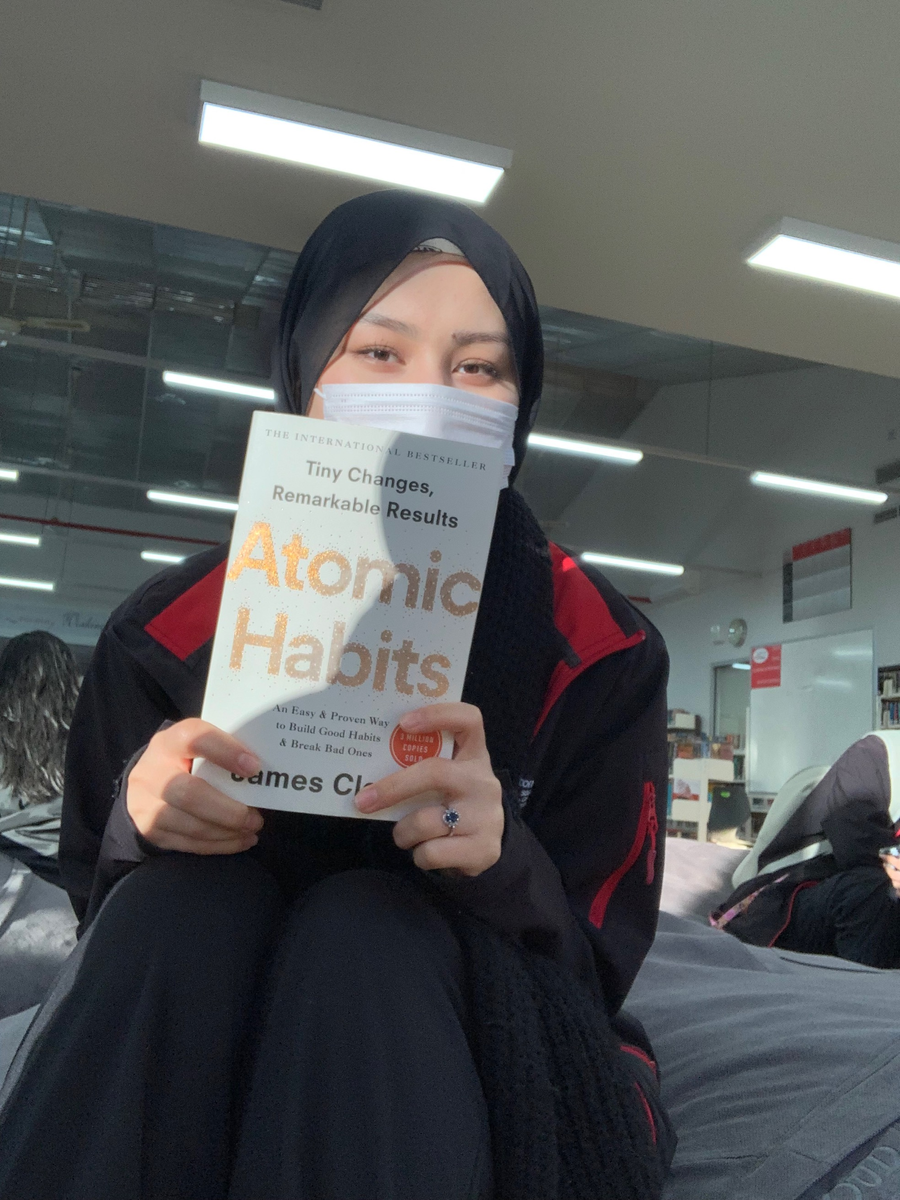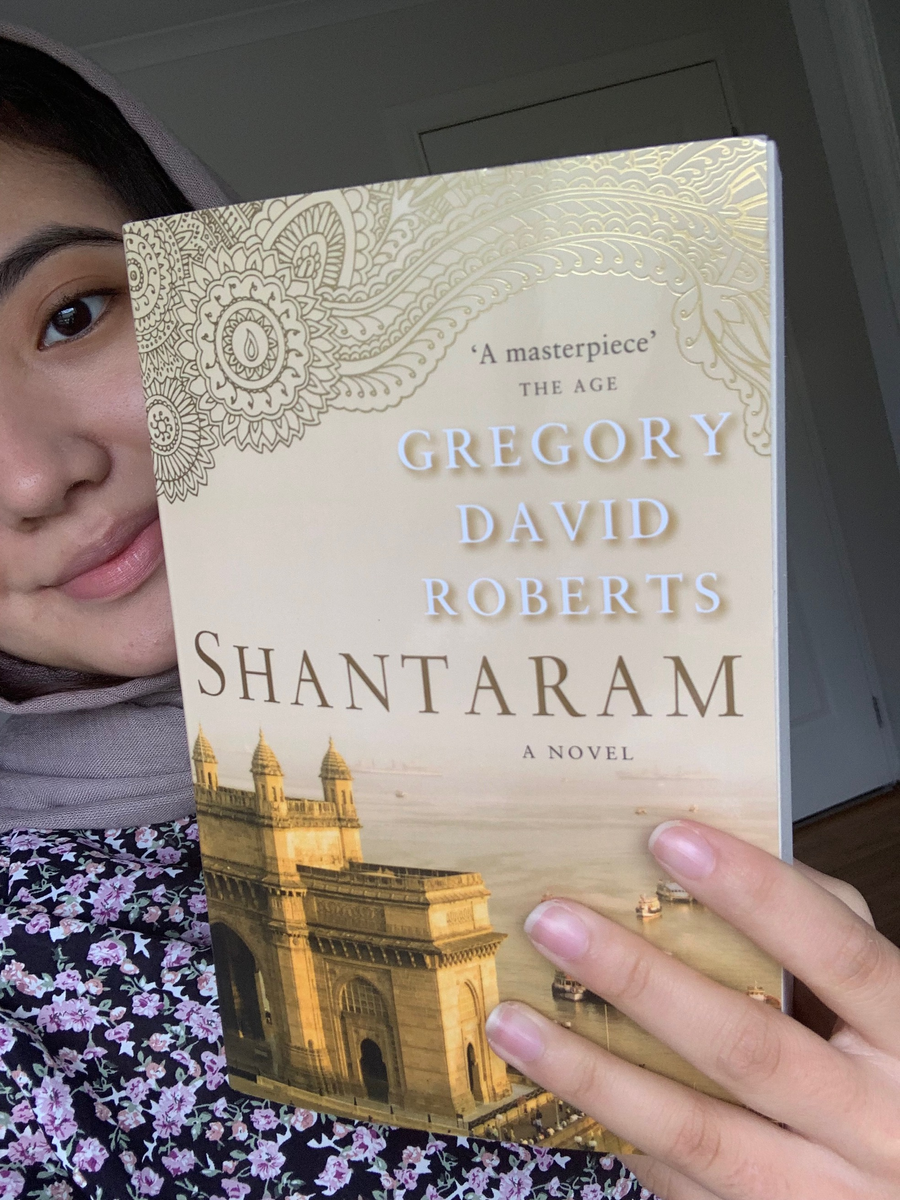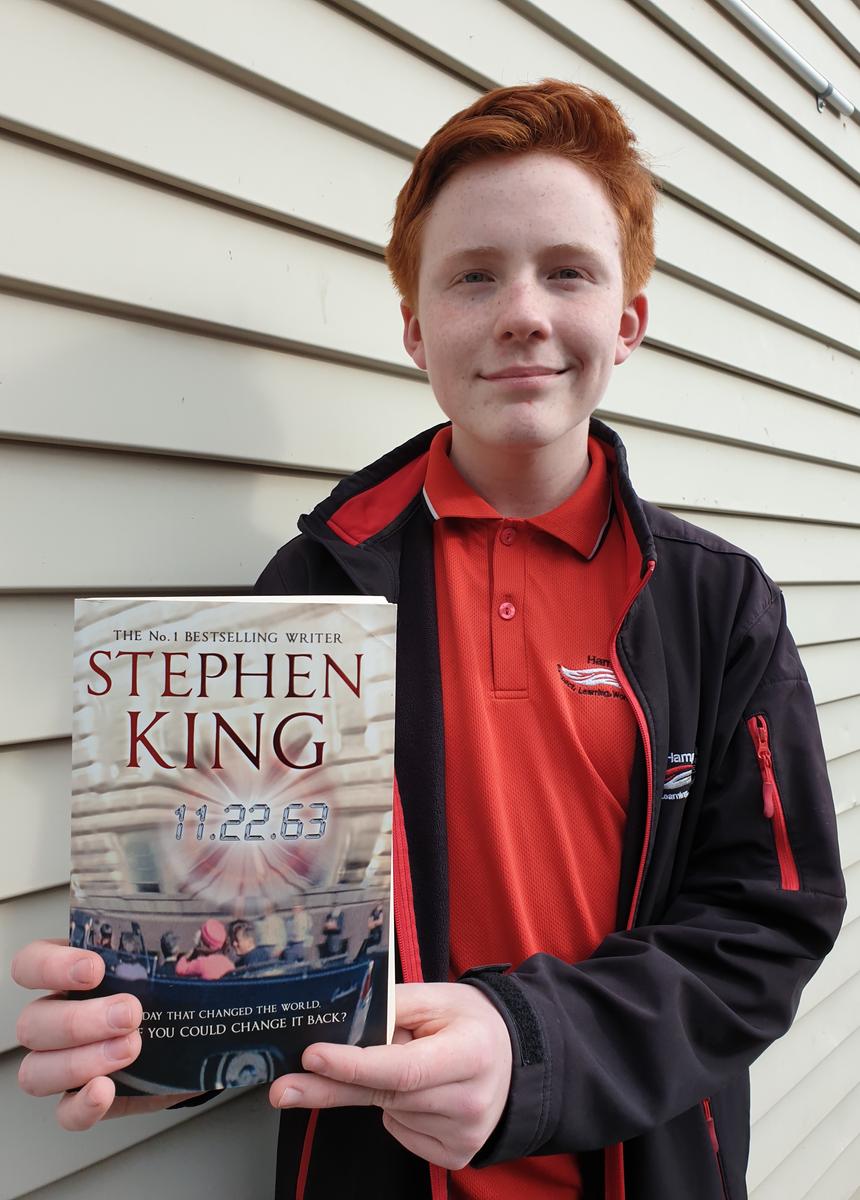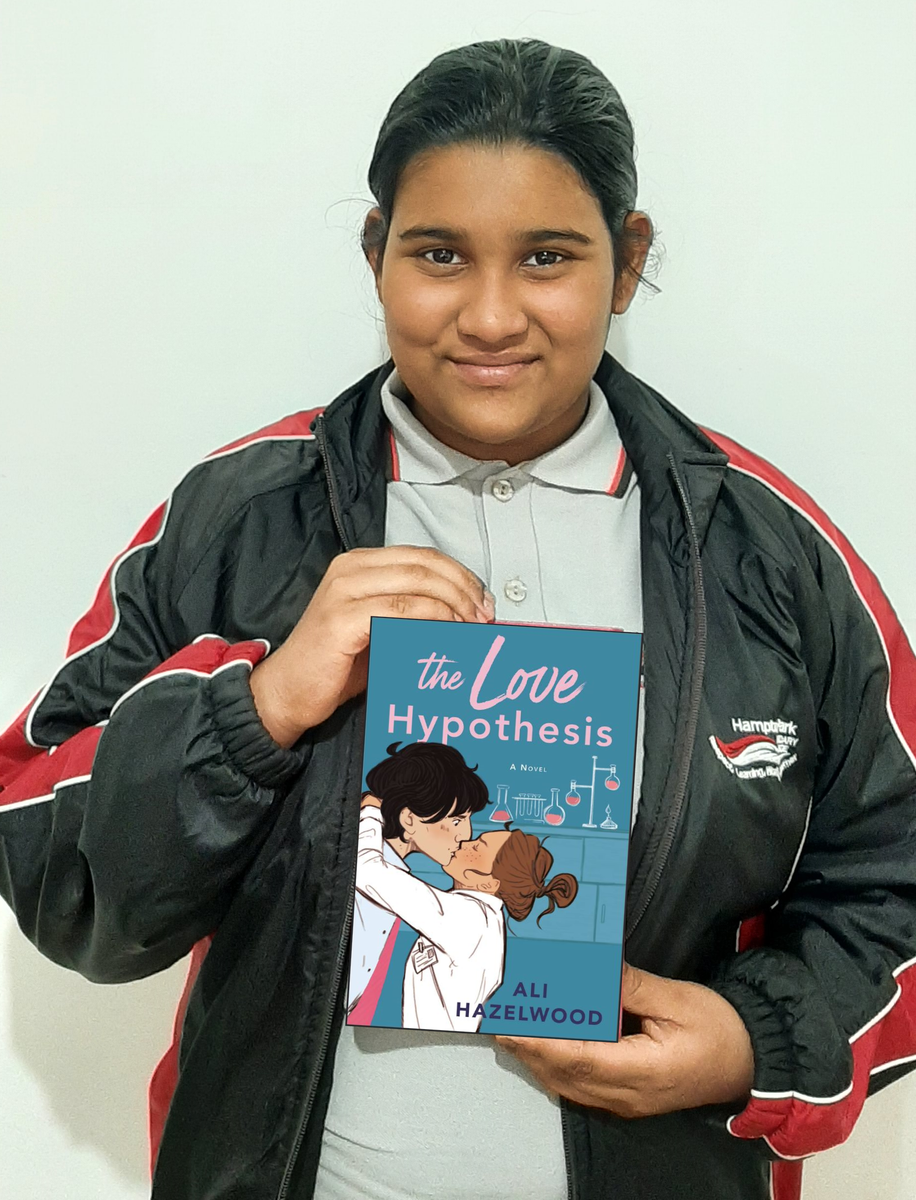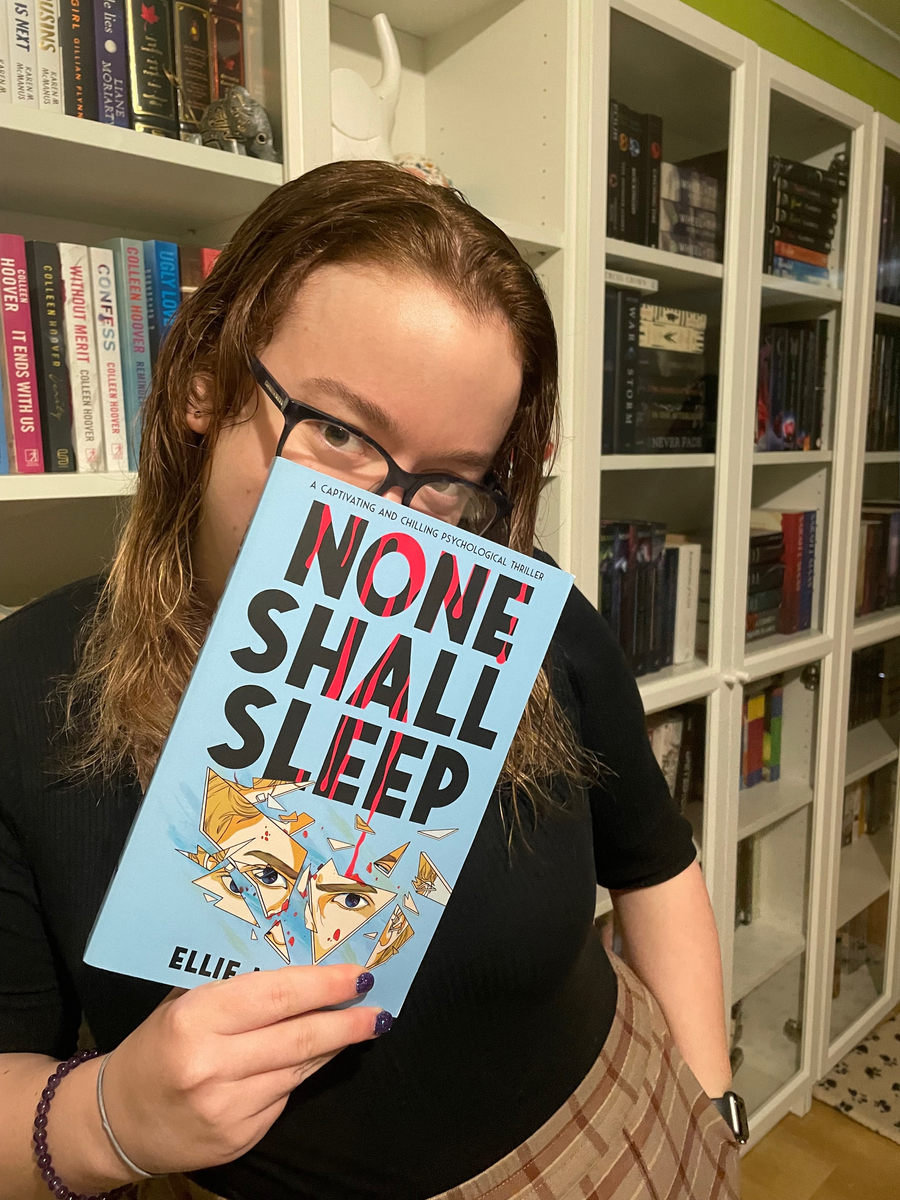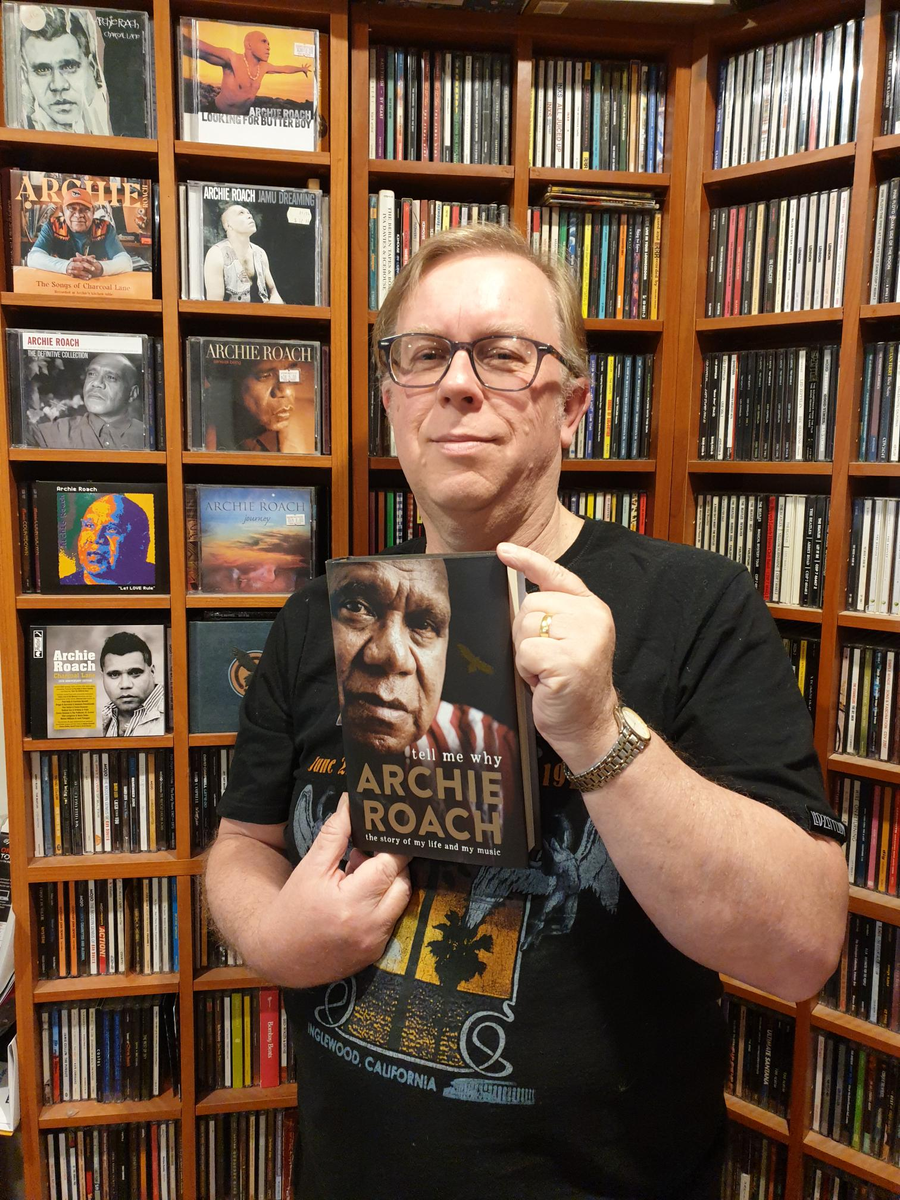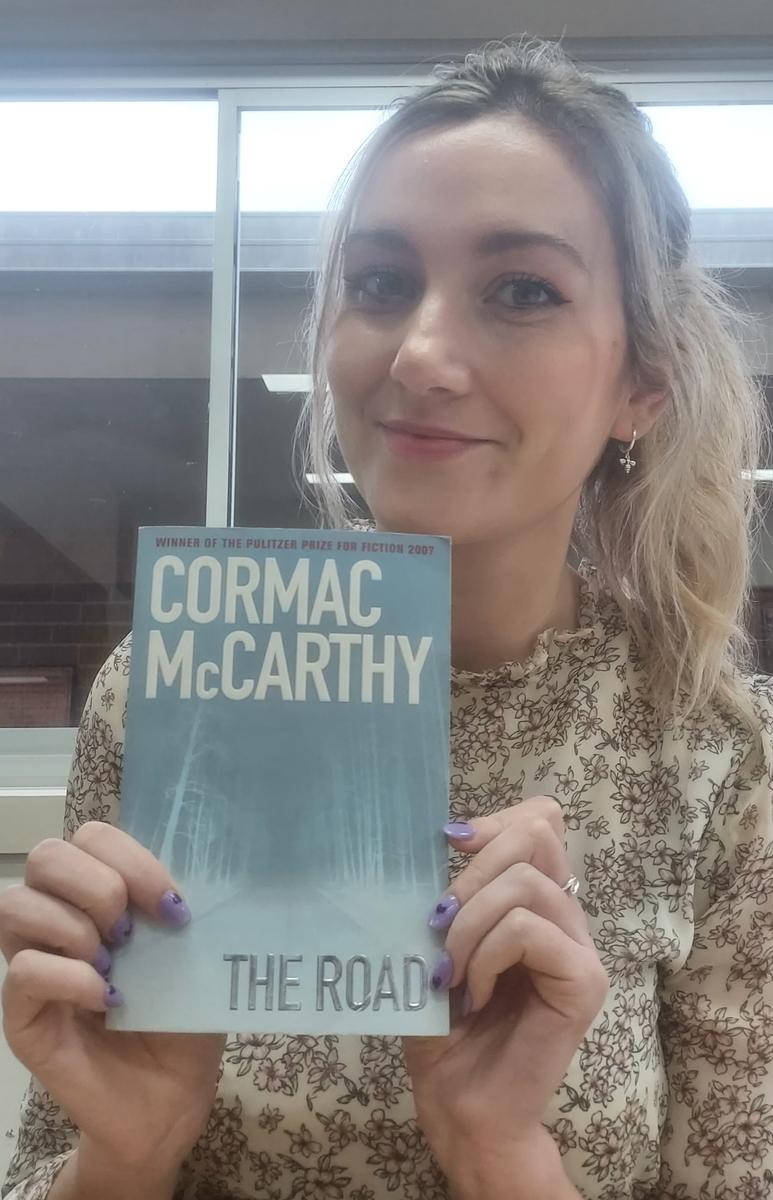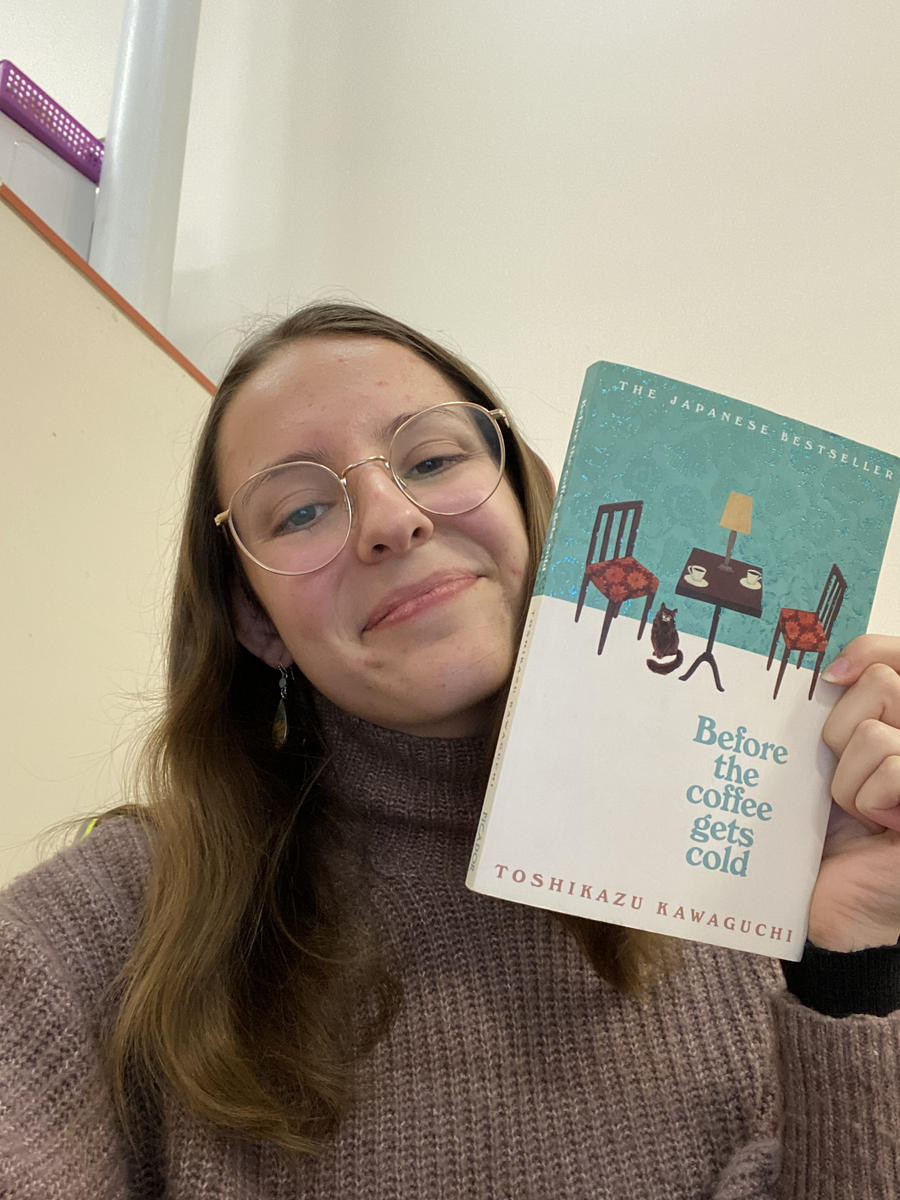Book Reviews
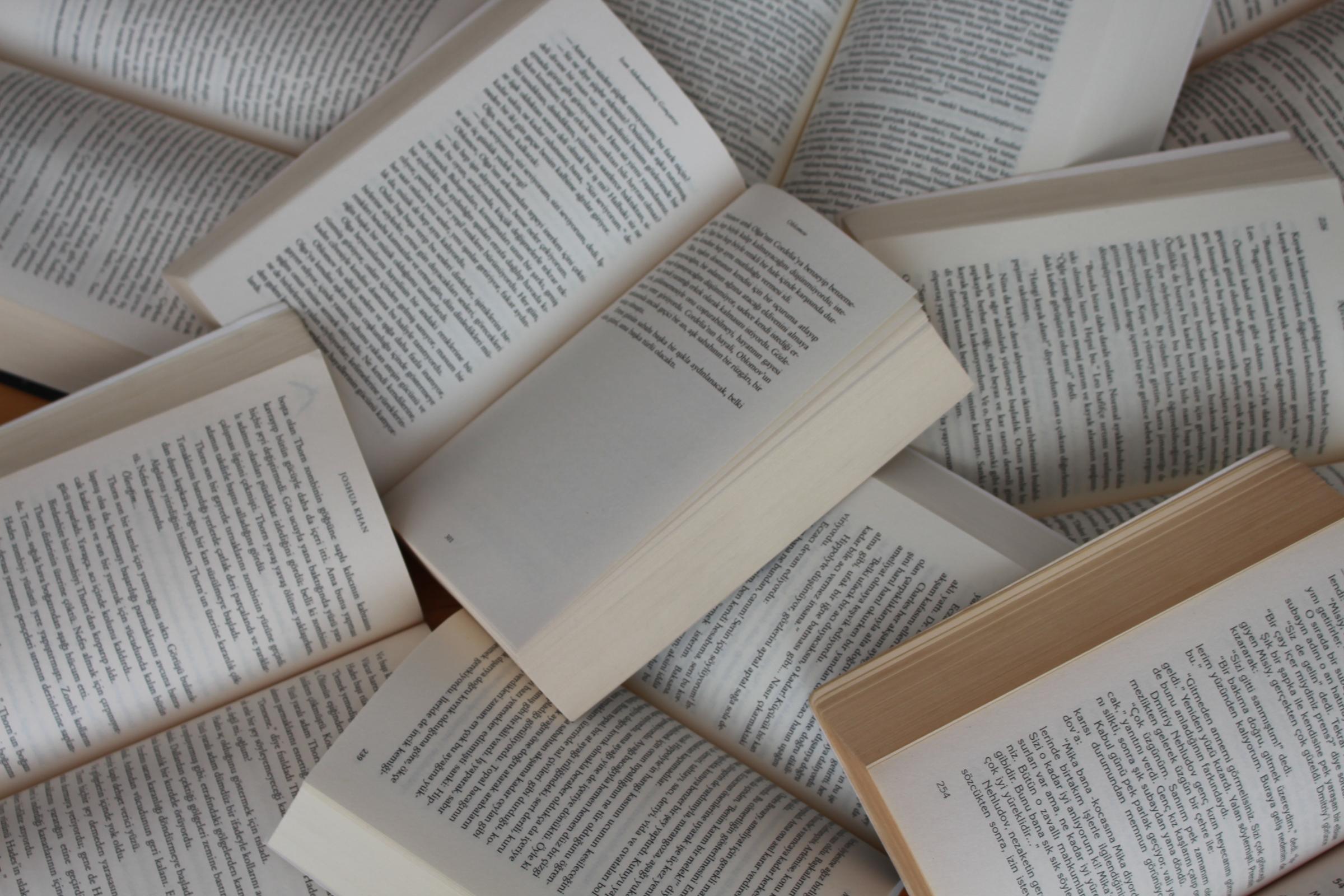
Book Review by Susan Salem
‘Atomic Habits’ by James Clear
The book “Atomic habits” is about improving and recognizing bad and good habits, how to remove them, how to develop good habits and stick with them and how to minimise procrastination and remove bad habits from our daily routine or life. He talks about four main strategies on how to develop new habits; make it obvious, make it easy, make it attractive and make it satisfying. He is referring to our new habit as “it” and opposite to that if you want to remove or reduce the amounts of your bad habits it would make it hard to find, make it difficult, make it unattractive and make it unsatisfying.
There are many things and ideas it likes about this book, first that it goes through all the processes of recognition of your current habits as he suggested by making a habit scorecard, then he talks about the four laws of behaviour change and refers to some real-life examples of past or present high achieving and successful people. The second thing I liked about this book is that it kind of describes the title throughout the book by demonstrating that getting only 1% better every day is everything, it is far better than doing nothing. Generally speaking, doing something is much better than doing nothing. Another thing I liked about this book was when he mentioned the idea of traits and genes, how they can influence you and partially determine your journey, and sometimes how they cannot. He then talks about a famous Olympic swimmer and a famous Olympic runner, and how their physical appearance reinforced their career potential.
There was no such thing I disliked about this book, it is an awesome book and very helpful in trying to get on track. I would highly recommend this book to everyone regardless of anything as it has some great ideas everyone would want to apply in their lives. I would rate this book a 10 out of 10 and I LOVED IT.
Book Review by Zahra Akhlaqee
‘Shantaram’ by Gregory David Roberts
“It took me a long time and most of the world to learn what I know about love and fate and the choices we make, but the heart of it came to me in an instant, while I was chained to a wall and being tortured.’’
I have never read a book this big, a book with over 1000 pages. Shantaram was gifted to me by my uncle, but the size of the book kept me away for a while.
Shantaram is a story filled with passion, brutality, pain, and suffering. It takes us through the life of Lin (Gregory David Roberts), a convict and heroin addict who escapes from a high-security prison in Australia and lands in Bombay with a false and illegal passport.
Gregory David Roberts was born in Melbourne and is a published author, actor, playwright, political activist, and charity coordinator. When his marriage broke up, he lost custody of his five-year-old daughter, and soon after he turned to drugs. Roberts then became an armed robber and heroin addict. This novel is by a man known for ten years as Australia's most wanted man.
Roberts takes us to Bombay where he had sought shelter after escaping from an Australian prison. In the years that he was in India, he participated in a plethora of activities, from setting up a free medical clinic for the slum poor to associating with the Bombay Mafia and being put in a Bombay jail. Roberts was later captured in Germany and returned to Australia to finish his sentence where he wrote this book. It takes us through the life of Roberts (who flees to India via New Zealand under the name Lin). His transformation from a criminal on the run to a caring person who wants to help the poor of Bombay’s slums is a pivotal part of the novel:
It was only there, in the village in India, on that first night, adrift on the raft of
murmuring voices, and my eyes filled with stars; only then when another man’s
father reached out to comfort me, and placed a poor farmer’s rough and calloused
hand on my shoulder; only there and then did I see and feel the torment of what I’d
done and what I’d become— the pain and the fear and the waste; the stupid,
unforgivable waste of it all. My heart broke on its shame and sorrow. I suddenly
knew how much crying there was in me, and how little love, I knew at last how
lonely I was. But I couldn’t respond. My culture had taught me all the wrong things
well. (Roberts, 2003: 124)
Recommendation:
The best part of the book is that it is an easy read and beautifully written. The way he describes the places he visits allows the reader to picture them in their mind and feels like they are actually in the city. I would highly recommend the book 5/5.
Book Review by Seth Vella
‘11.22.63’ by Stephen King
If you could change the past, would you?
‘11.22.63’ asks this same question as does our main character, Jake Epping, a recently divorced man who lives in Lisbon Falls, Maine, where he teaches high-school English and likes to hang out in a diner, owned by his friend Al.
Following his massively successful novel ‘Under the Dome’, King sweeps readers back in time to another moment, a real-life moment, when everything went wrong: the JFK assassination. And he introduces readers to a character who has the power to change the course of history.
Al calls upon Jake and shows him a gateway to 1958 from the closet of the 2011 diner. He reveals to Jake and we, the readers, that he uses the gateway to get the meat that he sells at the diner and that every trip is a reset - whatever you say or do will have no meaning if you return to 2011 and go back another time. He also reveals that he spent the last four of his years in the past while it has only been two minutes in real time and now is close to dying from cancer.
Al wants Jake to go back to 1958 and stick around until 1963. He hands him some journals and diaries, which contain accounts of the movements of Lee Harvey Oswald during this period. Al wants Jake to prevent Oswald from shooting and killing President John F Kennedy on 22 November 1963 in Dallas, Texas. He planned on doing the job himself before he became sick from his cancer. But now the torch has been passed to Jake.
I have never been what you’d call a crying man.
My ex-wife said that my ‘non-existent emotional gradient’ was the main reason she was leaving me (as if the guy she met in her AA meetings was beside the point). Christy said she supposed she could forgive me for not crying at her father’s funeral; I had only known him for six years and couldn’t understand what a wonderful, giving man he had been (a Mustang convertible as a high school graduation present, for instance). But then, when I didn’t cry at my own parents’ funerals – they died just two years apart, Dad of stomach cancer and Mom of a thunderclap heart attack while walking on a Florida beach – she began to understand the non-existent gradient thing. I ‘was unable to feel my feelings,’ in AA-speak.
This is one of my favourite extracts from the book as it shows what kind of person Jake is and shows what his character arc could potentially be. Released in 2011, with 740 pages, Stephen King has again delivered another great story, rich in description and detail, and for this story, King stepped away from the world of horror and journeyed into the world of Sci-Fi and history.
While many people might find it slow at the start the story picks up very fast and then it’s almost impossible to put it down.
I rate this book 10/10 and five stars.
Book Review by Winudi Wimalasekera
‘The Love Hypothesis’ by Ali Hazelwood
Considering it is officially Science Week this week, I thought I might kick it off with a great science- themed book review!
If you been keeping up with the trendy books ‘The Love Hypothesis’ by Ali Hazelwood would have popped up more that once. I can confirm that this book is worth all the hype.
Here is how it begins:
Frankly, Olive was a bit on the fence about this whole grad school thing. Not because she didn’t like science. (She did. She loved science. Science was her thing.) And not because of the truckload of obvious red flags. She was well aware that committing to years of unappreciated, underpaid eighty-hour workweeks might not be good for her mental health. That nights spent toiling away in front of a Bunsen burner to uncover a trivial slice of knowledge might not be the key to happiness. That devoting her mind and body to academic pursuits with only infrequent breaks to steal unattended bagels might not be a wise choice.
Olive Smith, a third-year Ph.D. candidate at Stanford who studies pancreatic cancer, is the main protagonist of the novel "The Love Hypothesis." One day, Olive impulsively kisses Dr. Adam Carlsen, the department's notoriously cruel (but unquestionably gorgeous) professor, in an effort to persuade one of her best friends that she has moved on from an old crush. Following their kiss, Adam and Olive decide to pose as a couple so that she can show her friend that she is happily dating, while he can persuade their department that he has no immediate plans to quit.
This has been one of my favorite books ever since I read it and I think what makes it unique is that is does not only focus on their fake relationship but it also talks about their lives outside of the relationship which makes the story so much more realistic and enjoyable. My favourite part was most probably how each chapter had its own hypothesis;
HYPOTHESIS: Any rumour regarding my love life will spread
with a speed that is directly proportional to my desire to keep
said rumour a secret.
So, to conclude ‘The Love Hypothesis’ is one of my favourite books; it is creative and realistic and I hope that you can find the same enjoyment in reading this masterpiece as I did! If you want to read it online, as I did, here is the link: The Love Hypothesis (archive.org)
Happy Science Week everyone!
Book Review by Jenna Wood
‘None Shall Sleep’ by Ellie Marney
If you love tv shows like ‘Criminal Minds’ or movies like ‘The Silence of the Lambs’, do I have a book for you! ‘None Shall Sleep’ by Ellie Marney is a riveting psychological thriller about two teenagers teaming up with the FBI to track down juvenile serial killers.
He waits by the edge of the oval as Emma splits from her running partner and talks to the coach. Patience is one of Cooper’s particular talents. She’s heading for the locker rooms when he calls out, “Emma Lewi? Miss Lewis?”
It’s there in her body language: that jerk, the instant of animal tension. The flat assessment in her eyes, even once she realizes he’s wearing a suit, holding up credentials.
He stays exactly where he is. “Miss Lewis, my name is Edmund Cooper. I work for the government. I’d like to speak with you, if I may.”
Set in 1982, the story opens with veteran FBI agent Ed Cooper recruiting eighteen-year-old Emma Lewis, the survivor of a serial killer who is now studying forensic psychology at university, to assist with the founding of a unit on behavioural science to interview convicted teenage serial killers. The logic: because these killers may be more willing to speak with someone their own age.
However, it quickly becomes apparent that this research assignment directly intersects with an ongoing case. Emma, along with US marshal candidate Travis Bell, are thrust into the middle of the hunt for a ruthless and clever serial killer known as ‘The Butcher.’ Working against the clock, they must turn to one of the country’s most notorious incarcerated murderers for help: teenage sociopath Simon Gutmunsson. Despite Travis’ objections, Emma becomes the conduit between Simon and the FBI team, but while Simon seems to be giving them the information, they need to save lives, he’s an expert manipulator playing a very long game…and he has his sights set on Emma.
Both lead characters, Emma and Travis, are likeable characters whose quick friendship is highlighted throughout the book. It is great to see two characters care for each other and check in with one another without any pressure. One of the amazing elements of this book is that both Emma and Travis have had to deal with trauma in their lives, and it affects the way they navigate the world and interact with others. It felt so realistic in the decisions they made, and the author didn’t just brush away any problems they were having to make them seem superhuman. They were teenagers with vulnerabilities, but it also helped them in the way they put clues together and for them to get into the mind of the suspect.
I love nature versus nurture discussions, and even when it wasn’t explicitly mentioned, I felt it was an undertone for characters like Simon. I could say so much about this character and how he contributed to the story. But for now, I will leave you with this, I kept waiting for when Emma would need to go talk to him again because their conversations were creepy yet eye-opening.
The whole story is amazing but the last 100 pages will draw you in with the weird and wild. Things you didn’t expect to happen did and for some it will be shocking.
Captivating, harrowing, and chilling, ‘None Shall Sleep’ is an all-too-timely exploration of not only the monsters that live among us but also the monsters that live inside us.
Book Review by Geoff Shinkfield
‘Tell Me Why’ by Archie Roach
I write this with a heavy heart as last night I learned that Uncle Archie Roach A.O, a member of Australia’s Music Hall of Fame, and a living legend respected around the world, has died. He was an inspiration to me throughout my whole teaching career, leading me to an appreciation of Indigenous music and my fascination with Aboriginal Education, especially the Stolen Generation. I have featured Archie’s songs many times in my lessons and in 2014 I realised a dream by persuading Archie to come and sing for our students and staff. It was a magical performance in the RPAC, in front of 500 staff and students, and Indigenous guests. A permanent reminder of the event is in the school foyer, a huge photograph of Archie surrounded by our Indigenous students at that time.
Recently, Archie’s autobiography ‘Tell Me Why’ was published, and early this year I read it and listened to the Audible audiobook version which Archie himself reads. Both versions of this book are incredible. It truly is an emotional journey to listen to the painful memories and after-effects of Archie’s family being torn apart by the authorities as he and his older siblings are forcefully taken – stolen – and separated. They were all sent to different foster homes around the country with no way of knowing what had happened to each other. Archie was only two years old when he was taken, and he soon found himself being raised by a loving Scottish couple, Alex and Dulcie Cox, in rural Mt Evelyn. His primary school years were happy but as he grew older, he began to question his identity. When a friend asked him why he was black and his parents were white, dreams of his early childhood and family started to haunt him:
That night in bed I tried hard to remember if I had met other black people, and then the faces of two girls, a bit bigger than me, appeared. I remember sharing food with them, and I remembered them hugging me. I remember one of them standing like a pugilist, her fists ready to strike like a couple of brown snakes. More memories came, painful memories; this girl was protecting me.
I didn’t know where or when this was, but I was sure it was a memory and not my imagination. The girls were real. They were special to me, I knew that. They made me feel good. They were black and they didn’t seem like anything to fear.
I was very confused.
Archie’s journey of self-discovery begins with that dream and later when he is in high school, a letter arrives from a woman who claims to be his sister. She says she lives in Sydney but leaves no address. In what is a very emotional time for young Archie, his sister informs him that his parents are both dead. This leads to him quitting school, abandoning his foster family, and hitting the road for Sydney, to find his remaining siblings.
Archie’s life on the road in the 1970s and 1980s leads to alcoholism, sexual abuse, loneliness, pain, and jail, but also happy reunions with his siblings. Importantly, he also finds love in the form of Ruby Hunter who becomes his soulmate and musical partner. That relationship leads to busking, a job, performing in public, marriage and children, and Archie’s eventual discovery by the famous musician, Paul Kelly, who gives him his first break. In 1990 his classic song, ‘Took The Children Away’, an autobiographical tale of the Stolen Generation, sets Archie Roach on his way back to redemption and into the hearts of all Australians, alerting us all to the terrible crimes against Indigenous children in this country.
‘Tell Me Why’ builds on the theme of ‘Took The Children Away’ by providing a deeply personal and comprehensive account of Archie’s life and music. It is an absolute must-read! Do yourself a favour and either read it or listen to Archie read it for you. I guarantee you will cry! Vale Uncle Archie!
Book Review by Gabrielle Phelan
‘The Road’ By Cormac McCarthy
“What would you do if I died? If you died I would want to die too. So you could be with me?Yes. So I could be with you. Okay.”
Cue the tears…
Winner of the 2007 Pulitzer Prize for Fiction, ‘The Road’ is a post-apocalyptic novel set in a ravaged world where society has crumbled, and humanity lost.
The story follows two nameless characters, a father and son, who have managed to survive the terrifying and harrowing landscape of the south, in a world where you can’t trust anyone – especially if your life depended on it.
The story is an existential journey, highlighting the pointlessness of survival in a seemingly meaningless world. McCarthy’s intentional omission of grammar in his writing is symbolic, reinforcing the bare-bones nature of survival, no time for frills, and no use for anything that doesn’t directly lead to a chance at living.
The novel is bleak, and at times genuinely terrifying. There were moments that were so suspenseful and moments so disturbing that I needed to pause.
However, the relationship between father and son provides some emotional depth, highlighting the unconditional love a parent has for a child, and the inherent need a child has for their parent in times of crisis, even as they age. Their relationship gives each other meaning, and gifts them a reason to go on when, as a reader, you can’t help but think – what’s the point?
Well, the point is where there’s life there’s hope. There were some beautiful moments and sometimes that I cried bittersweet tears.
Yes, the book is divisive and no, it won’t be for everyone. But, if you want a story that is more about ideas, relationships, and the enduring humanity found in the darkest times, you’ll like it. It isn’t a happy read but it’s a worthy one. 5 stars!
Book Review by Alison Fiddes
‘Before the coffee gets cold’ by Toshikazu Kawaguchi
Coffee. Time-travel. Japan. What more dare I say?
In Toshikazu Kawaguchi’s 2015 debut novel, we are introduced to a café, with a twist. In a specific seat, drinking the coffee will allow you to travel back in time, but you must return before the coffee gets cold. Stay too long, and you will be stuck in the café forever. This novel is broken into four distinct and digestible parts: The Lovers, Husband and Wife, The Sisters, and The Mother and Child. Each customer hopes to use the time travelling facility at the café to resolve stories of love, heartache, and loss. Characters who are seemingly benign at the novel's beginning slowly become our new protagonists, and yet these transitions do not feel forced. Rather, Kawaguchi slowly builds upon characters until you can’t help but love them. It begins with a young woman named Fumiko who regrets breaking up with her boyfriend, Goro, when he chooses to go to the USA:
Several years had passed since the café had its moment of fame in the light of an urban legend that claimed it could transport people back to the past. Uninterested in that kind of thing, Fumiko had allowed it to fade from her memory. Visiting a week ago was complete happenstance. But last night, she had watched a variety programme on TV. In the introduction, the host spoke about ‘urban legends’, and like a bolt of lightning striking inside her head, she remembered the café. The café that transports you back in time. It was an incomplete memory, but she remembered that key phrase clearly.
If I return to the past, I might be able to set things right. I might be able to have a conversation with Goro once more. She replayed this fanciful wish over and over in her mind. She became obsessed and lost any ability to make a level-headed judgement.
Kawaguchi was originally a playwright, and through his detail and prose, this becomes clear. His characters are bursting with life, charisma, and mystery. The way characters’ stories entwine is enchanting. There were times I could not put the book down, and yet this is no action novel. Simply put, Kawaguchi captivates you through lovable characters who seem to jump off the page.
It is an easy read, especially for anyone who may struggle to begin reading. This novel will capture your heart, and though I was left in tears, I would happily reread and return to the café.
However, it does leave the question, would you travel back in time, and if so, when would you go?

